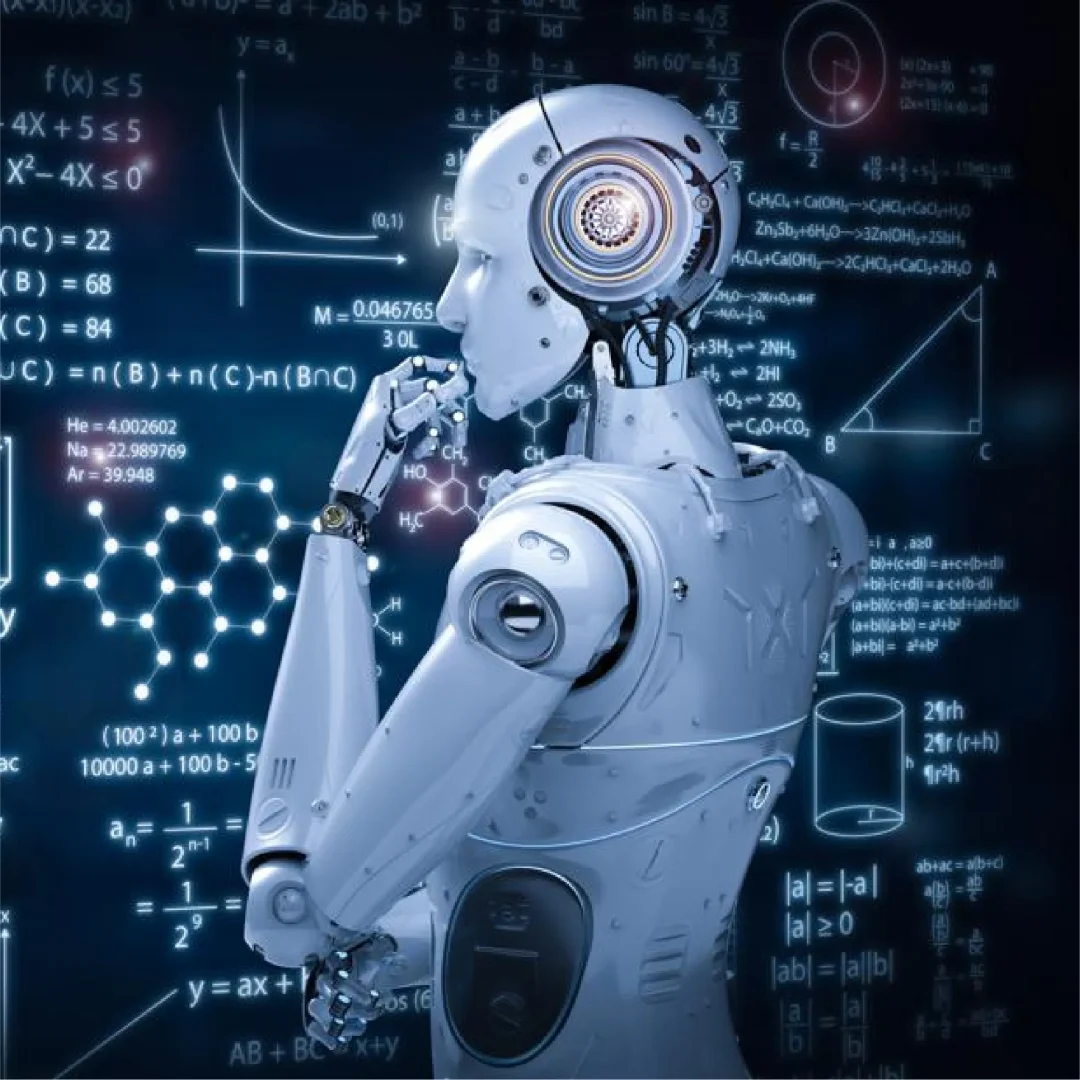Hydroquo+ harnesses these capabilities in a water resources context. We use machine learning to reduce asset management costs without compromising service levels. Predictive models can be generated from historical data on water deliveries, canal supply levels and assets as well as weather, electro-mechanical alarms and pay-rates and analysed to great use.
The future water consumption in a region or a water distribution network can be predicted, guaranteeing a continuous supply of water at a low cost. Machine learning can diagnose errors in a system and learn how to react and avoid future alarms. Thus includes dam behaviours and failures to efficient irrigation of crops.




Machine learning (ML) is a type of artificial intelligence (AI) that helps software improve its predictive ability, automatically learning about data, patterns and outcomes without being explicitly programmed to do so. It is a subset of a larger field known as machine learning.


The concept behind machine learning is simple: if you want to make predictions about the future, you don’t have to know everything about the present. You just have to use what you know now to make better guesses about what will happen next.
This is not unlike how humans learn new things. We rarely know all the details of any given situation we encounter; we simply make educated guesses based on what we know at the time. Machine learning allows computers to do this too by using algorithms to compare data sets with each other and then predict future events based on what they see in those comparisons.
